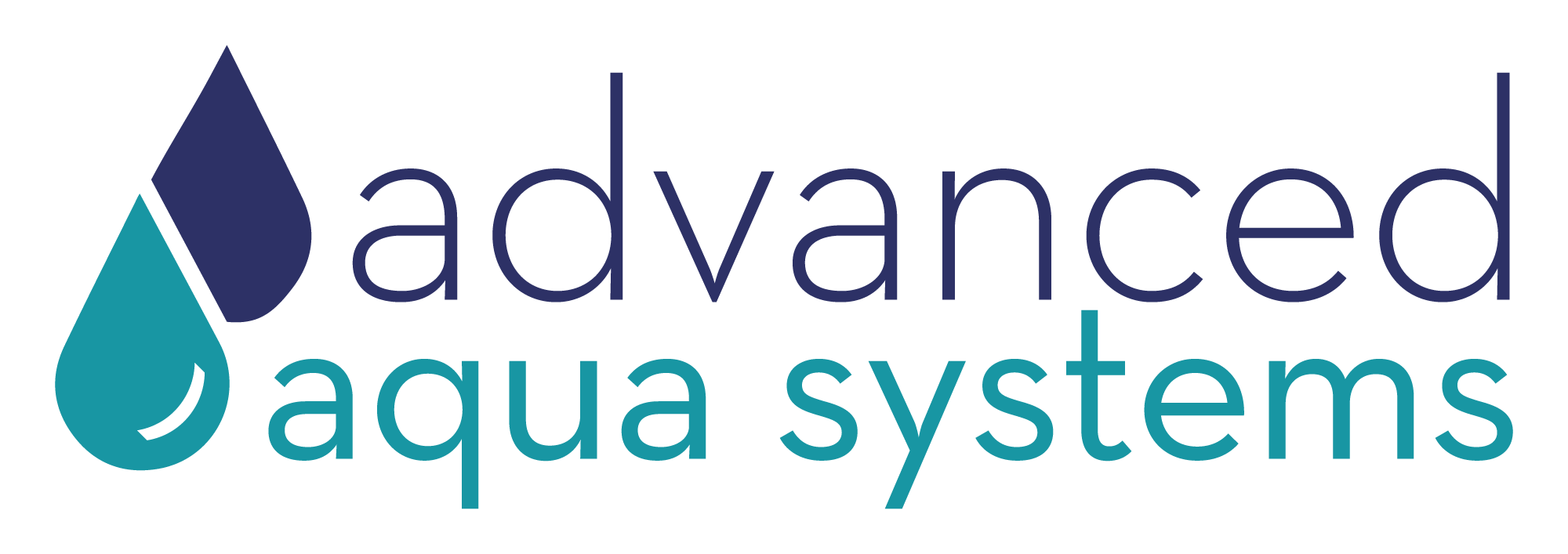WATER PURIFICATION + FILTRATION, AND SOFTENING SYSTEMS FOR YOUR HOME
Proudly serving St. George & Southern Utah for 30 Years. Call (435) 652-3908Get A Free Quote

When you're looking for experience in water, look no further! Advanced Aqua Systems of St. George, Utah has been serving our Southern Utah region for over 30 years. We know how hard-water and chlorine can affect the health of your family and the longevity of your home's appliances and fixtures. Our customers can rest assured knowing that their water filtration, purification, softening, and whole home monitoring systems are professionally installed, carefully maintained, and expertly monitored.
Our goal is to bring you the highest value in protecting home, your health, and help you conserve water in our desert region.
WE KNOW WATER IN SOUTHERN UTAH BETTER THAN ANYONE!
ADVANCED AQUA SYSTEMS’ FAMILY OF PRODUCTS
Our unique combination of products brings you the best water purification + filtration, and softening available on the market today!
Soften and Filter your water with the latest technology to save your home appliances from destructive hard water deposits, and help you feel the difference with softer skin and laundry.
Enjoy a 25 Year Limited Warranty
WATER
SOFTENING+FILTRATION
Our WOW – Water on Water Reverse Osmosis system is half the size of conventional RO’s, and reduces water waste by up to 500%.
Our filters are 100% recyclable
WATER
PURIFICATION
ADVANCED AQUA SYSTEMS WATER FACT:
Our technology has proudly saved MILLIONS of GALLONS of water and counting!
Save on your insurance premiums!
You may be eligible for a rebate or discount on your homeowner's insurance policy for having Flo*
Confirm with your carrier before purchasing. Incentives may vary by state.

Let us know how to reach you!
If you prefer, give us a call!
435-652-3908
What Our Customers Say
 My experience with Advanced Aqua Systems was great! They offer great products, ones that I carry in my own home and stand behind as a plumbing expert.”
My experience with Advanced Aqua Systems was great! They offer great products, ones that I carry in my own home and stand behind as a plumbing expert.”

– James B.
Precision Plumbing Owner
 Hands down best in town! Incredible customer service, fast, efficient, and fair price for any/all services! They installed my first water softener and RO system 16 years ago and have never been disappointed!”
Hands down best in town! Incredible customer service, fast, efficient, and fair price for any/all services! They installed my first water softener and RO system 16 years ago and have never been disappointed!”

– Holly K.
St. George Resident
 “Advanced Aqua Systems hooked up a system for us and it has been great. The water tastes great, tests pure, and has required almost no maintenance.”
“Advanced Aqua Systems hooked up a system for us and it has been great. The water tastes great, tests pure, and has required almost no maintenance.”

– Jaqueline L.
Santa Clara Resident

In January 2019, Advanced Aqua Systems installed the new “WOW RO water system in our kitchen. It is fantastic, it is about half the size of the older RO systems and conserves water. Amber (the owner) is easy to work with and her follow up is very good. Fair pricing and good service, We highly recommend Advanced Aqua Systems.”

– Gary and Linda Keller
St. George Residents


– Dr. Jeff Erickson
Orthodontist at Orthodontic Specialists
Most Common FAQ's
What is Reverse Osmosis?
Reverse Osmosis often referred to as RO, is an advanced water purification method that was initially developed by the U.S. Navy to produce water from sea water for submarine crews.
It is a membrane filtration technology that works by forcing water under pressure through very tiny pores of a semi-permeable membrane. Modern reverse osmosis systems for the home combine membrane technology with carbon filtration, stored in an air captive tank to produce highly purified, great tasting water.
How does Reverse Osmosis work?
In today’s homes, most systems are either four stage or five stage systems, depending on the number of pre-filters involved. Water flow is driven by city water pressure starting at the first stage. The first stage consists of 5 micron sediment filter for removal of larger particulates. The second stage is a carbon pre-filter for removal of organic contaminants including chlorine and its by-products.
Next the water enters the reverse osmosis membrane, a very tight, sheet-like filter, that allows water to pass but rejects dissolved solids like sodium, calcium, metals and other impurities like lead and arsenic. Some of the water entering the unit is used to rinse the membrane surface and flows to the drain. The purified water is stored in a small storage tank until it is needed. When the faucet mounted at the sink is opened, the purified water from the tank is forced through another carbon filter enhanced with coconut shell for better flavor and taste, which gives it a final polish for before leaving the faucet.
(This is a simplified description of a four-stage RO systems. Additional sediment and carbon pre-filters can be included. This simplified description omits a few very essential parts like flow control devices, check valves, and automatic shutoff devices that stops the inflow of water when the storage tank is full.)
What is hard water?
Hard water is a common quality of water which contains dissolved compounds of calcium and magnesium and, sometimes, other divalent and trivalent metallic elements.
The term hardness was originally applied to waters that were hard to wash in, referring to the soap wasting properties of hard water. Hardness prevents soap from lathering by causing the development of an insoluble curdy precipitate in the water; hardness typically causes the buildup of hardness scale (such as seen in cooking pans).
Dissolved calcium and magnesium salts are primarily responsible for most scaling in pipes and water heaters and cause numerous problems in laundry, kitchen, and bath. Hardness is usually expressed in grains per gallon (or ppm) as calcium carbonate equivalent.
What is water softening?
When water contains a significant amount of calcium and magnesium, it is called hard water. Hard water is known to clog pipes and complicate soaps and detergents from dissolving in water. Water softening is a technique that serves the removal of the ions that cause the water to be hard, in most cases calcium and magnesium ions. Iron ions may also be removed during softening. This process is called ion exchange. Water softeners are specific ion exchangers that are designed to remove ions which are positively charged. Softeners remove calcium (Ca2+) and magnesium (Mg2+) ions. Calcium and magnesium are often referred to as hardness minerals.
A water softener collects hardness minerals within its conditioning tank and flushes them away by backwashing & regenerating the resin bed. This process will replace the calcium and magnesium ions in the water with other ions such as sodium (NaCL) or potassium (KCL) salts.
Water softening is an important process, because the hardness of water in households is removed. Water softening can prevent these negative effects. Water softening means expanding the life of household appliances, such as dishwashers, laundry machines, linens and clothing and extends the lifespan of many other water-based applications.
Is softened water any help for dry skin conditions?
There are cases to be noted, in which people with dry skin conditions have benefited from soft water. Hard minerals bond with soaps & detergents leaving an invisible film on hair and skin causing dryness. Depending on the hardness level of the water and a person’s skin sensitivity, Extremely hard water can cause skin to be red, itchy and irritated by some of the fragrances and perfumes found in many soaps today.
WHO ARE WE?
Advanced Aqua Systems sell and installs only the very best products and technology available. Backed by over 30 years of experience, thousands of installations, and helping customers troubleshoot what is best for them...you know you’re in good hands.
Don’t trust your water to just anyone!


